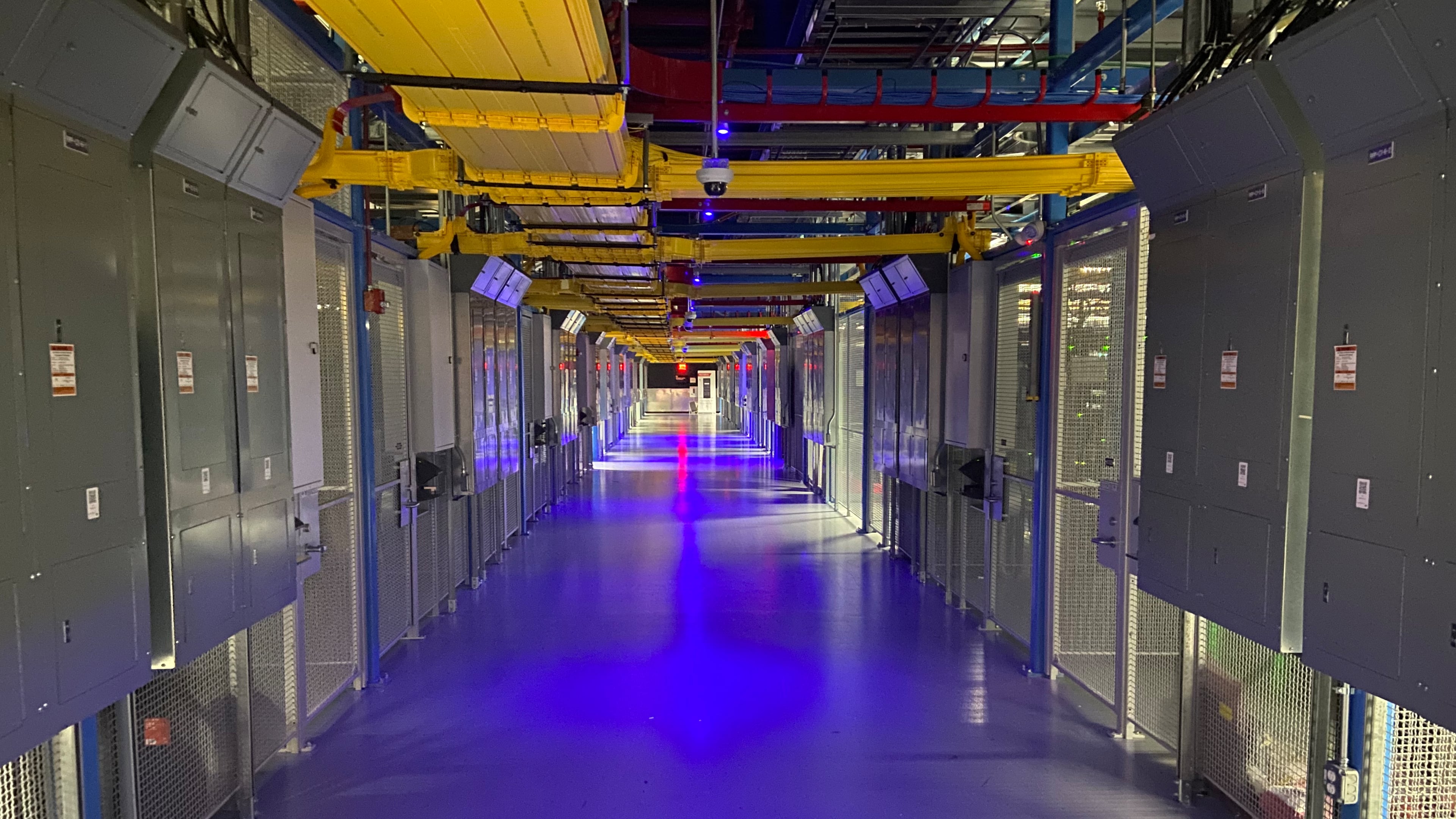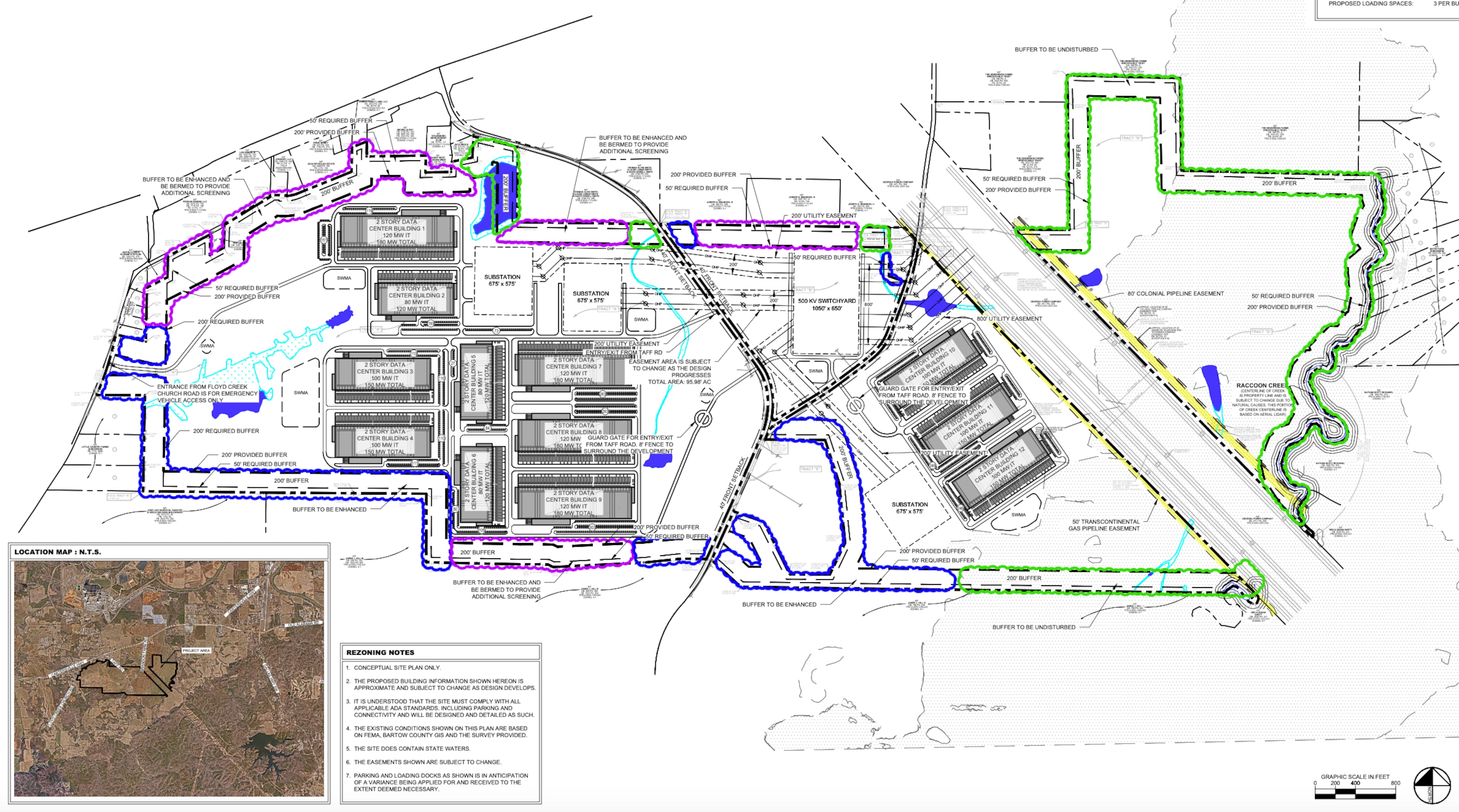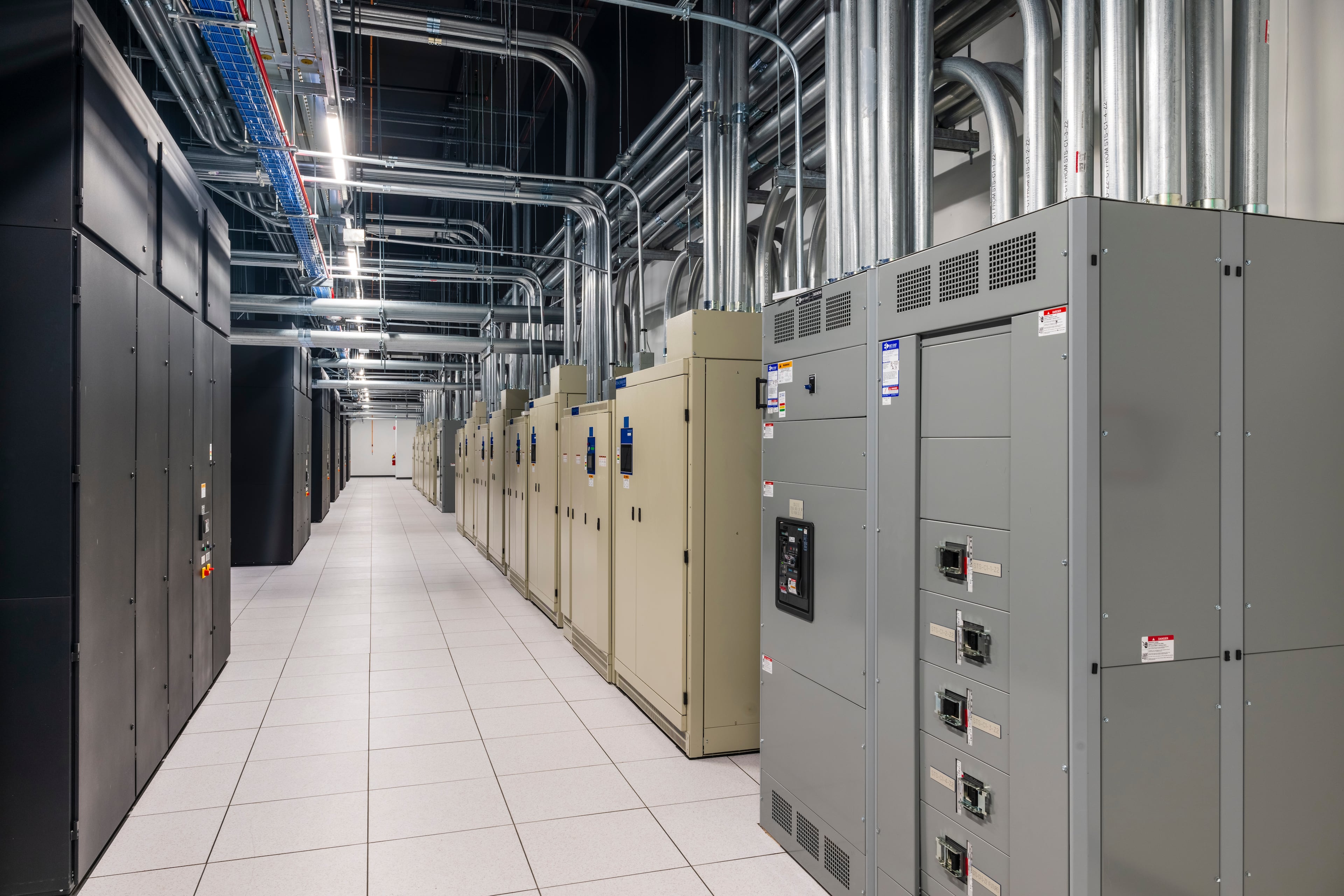$19B data center campus called ‘Project Bunkhouse’ proposed in Georgia

Dozens of data center announcements have flooded the Atlanta area over the past few years, but the latest such proposal is poised to be the largest of them all — and one of the biggest developments in state history.
Preliminary plans for “Project Bunkhouse” were revealed March 31 for a 12-building data center in Bartow County, roughly an hour northwest of downtown Atlanta, according to a Development of Regional Impact filing. The entire expanse of computer storage warehouses in the project is envisioned to encompass nearly 8.7 million square feet — more than four times the floor space of the Mall of Georgia.
The early-stage project, which the applicant estimates will be worth $19 billion if completed, joins a flourishing pipeline of similar data center campuses that have only gotten larger, pricier and more power-hungry with time. The near-bottomless demand for more physical space to store our online lives and the brains of artificial intelligence has made the Atlanta area the country’s hottest data center market since 2023 — a trend only bolstered by new developments like Project Bunkhouse.
“There’s more demand than there are buildings today nationwide, and everyone saw the fertile ground that Georgia was able to provide for future development,” said Mike Lash, senior vice president of CBRE’s data center solution team in Atlanta. “We’ve seen a gold rush toward our area.”
Located along Taff Road just south of Cartersville Highway, Project Bunkhouse’s site is an 877-acre plot of agricultural land that will need to be rezoned to permit a data center. The project’s developer was undisclosed in the DRI, which is a state filing for large projects that triggers an infrastructure and traffic review.
The filing’s applicant is engineering and planning firm Kimley-Horn. The firm did not immediately respond to requests for comment. Brandon Johnson, the community development director for Bartow County, said an attorney with Schreeder, Wheeler & Flint is leading the rezoning, but he also did not immediately respond to a request for comment.
The exurban county has experienced rampant industrial and population growth in recent years as developers look farther along the I-75 corridor for available land. The county added new homes at the fastest rate in Georgia with 5.3% growth between 2022 and 2023, according to U.S. Census Bureau data.
Bartow has attracted a $2.5 billion solar panel factory by Qcells and a $5 billion electric vehicle battery plant by Hyundai Motor Group and SK On, each promising thousands of jobs.
The rush of activity has prompted local pushback, including against data center proposals. Josh Cauthen earlier this year started a petition against the $4.5 billion “Project Springbank,” another early-stage computer storage farm project near his home. He said he knows there will be local pushback to Project Bunkhouse for its neighbors, but he said its proximity to Plant Bowen — a coal-powered plant slated for eventual closure — at least makes sense on paper for a gigantic energy-sucking development.

“It’s literally right by a giant power plant. It’s on a main highway,” Cauthen said. “If the county was going to have a data center, it seems to be about the best place to have one.”
A new scale
Project Bunkhouse is of a mammoth scale that’s hard to visualize.
The 8.7-million-square-foot size dwarfs that of the median home size in Atlanta, which is only about 2,000 square feet. Beyond mall footprints, it is enough floor space to fill Atlanta’s tallest tower — Bank of America Plaza — more than six times.
But the eye-popping numbers don’t stop there.
The project’s applicant estimates the campus will be worth $19 billion when finished — a figure larger than the combined value of Hyundai’s Metaplant near Savannah and Rivian’s proposed factory an hour east of Atlanta.

A site plan obtained by The Atlanta Journal-Constitution shows Project Bunkhouse’s power needs could be 1,830 megawatts and would require three on-site substations. That power drain is more electricity than what is currently consumed by metro Atlanta’s entire existing data center market, and it’s also more power than the maximum output of one of Plant Vogtle’s two new nuclear reactors.
The Atlanta region emerged as the country’s top data center market for leasing activity in 2024, dethroning Northern Virginia for the first time, according to data from CBRE. The net amount of leased data center space in Atlanta increased by 706 megawatts in 2024, 56% more than Northern Virginia during the same year.
John McWilliams, head of data center insights at Cushman & Wakefield, said the demand for Atlanta is unparalleled. The region’s vacancy rate for data center space is at a slim 3.5%, and nearly 90% of the computer storage space under construction has already been pre-leased, a nation-leading figure. More than a quarter of planned space — projects still in permitting and preconstruction phases — is also pre-leased.
“People have already committed to space in Atlanta that isn’t even being built yet,” McWilliams said.
Local taxes
The data center industry is a massive utility user, but proponents argue the amount of taxable computer equipment housed inside these warehouses can transform local governments’ budgets.

Project Bunkhouse’s DRI filing estimates that the campus, when complete, will generate “at least $40-50 million” in annual property tax revenues for Bartow County. The county’s 2025 budget is about $270 million, so the project could add another 15% to 20% to local tax rolls.
That tax impact is sometimes blunted through local property tax incentives, which can sometimes abate tens of millions of dollars worth of future tax collections. The DRI said Project Bunkhouse is “currently in the process of incentive negotiations” with the Cartersville-Bartow County Department of Economic Development.
The head of that authority, however, said she quickly shut down those negotiations.
Melinda Lemmon, the authority’s executive director, said in an email that she told the applicant “our community respectfully does not incentivize certain types of industry sectors, and that data centers are one of those categories.”
State law provides all data centers that meet certain scale and investment criteria a hefty sales tax break on the equipment housed within these facilities. The state Legislature last year passed a bill to suspend that incentive, citing data that shows the policy is not providing a financial return to taxpayers, but Gov. Brian Kemp vetoed it, saying it would be abrupt and could undermine investment.



